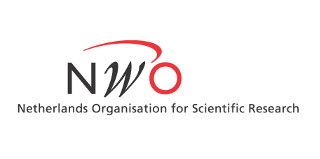
TRANSGOV
Assessing the Transformative Effects of Transparency in Climate Governance
The last decade has seen a rapid increase within global governance of novel, non-binding ‘pledge-and-review’ approaches to dealing with contested global challenges, such as climate change. In such a novel approach, the transparency of country commitments becomes key.
Transparency is widely assumed, both in policy practice and scholarly literature, to help promote accountability, trust and improved environmental outcomes. Yet these assumptions are under-theorized, and their realization in practice has not been systematically analyzed.
The TRANSGOV Project addresses this crucial research gap, with a focus on the voluntary climate commitments of countries under the United Nations Framework Convention on Climate Change (UNFCCC) and its 2015 Paris Agreement.
Elaborate transparency systems are now at the core of the Paris Agreement, in order to ‘make visible’ what countries are doing, with the assumption that this will facilitate accountability, enhance mutual trust and learning and thereby help to ratchet up climate ambition.
Extensive resources are being invested in these systems, with high policy expectations about the positive effects of transparency. But there is little analysis of what these systems in fact deliver.
TRANSGOV is a five-year research project that undertakes urgently needed, theoretically-informed, in-depth empirical analysis of variable country engagement with ever-expanding UNFCCC transparency arrangements. By interacting with policy processes and practitioners, as well as undertaking national case studies, TRANSGOV aims to shed light on the transformative potential of transparency in global climate governance.
Home institution and funding support
TRANSGOV is financed by the Netherlands Organisation for Scientific Research (NWO) and based at the Environmental Policy Group of Wageningen University and Research, the Netherlands. It started on March 1, 2020 and will continue through October 1, 2025.



Follow TRANSGOV on:
